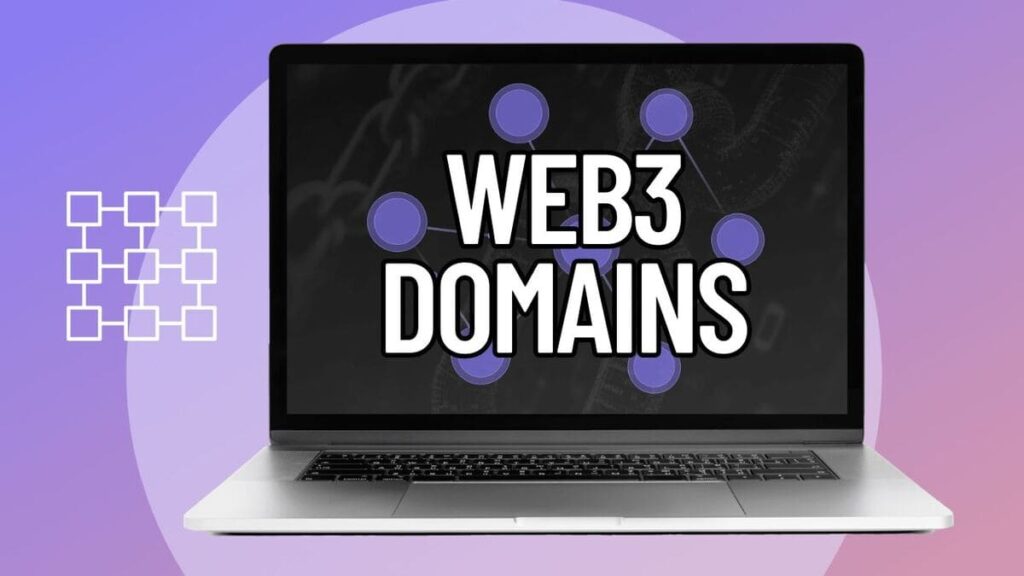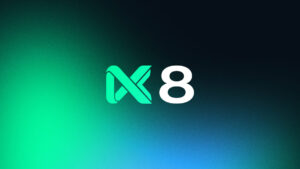TL;DR
- Web3 domains simplify access to wallets and DApps, functioning as readable and multifunctional digital identities.
- They are still not recognized by ICANN and require extensions, which limits their integration with browsers and reduces their reach.
- The lack of standards and market fragmentation raises doubts about their long-term validity and support.
Web3 domains have emerged as a promising solution to one of the most entrenched problems in the crypto ecosystem: complexity. Instead of relying on long and unintuitive alphanumeric addresses to interact with wallets, contracts, or digital profiles, Web3 domains allow for the assignment of readable and unique names, such as juan.eth or miwallet.crypto. The proposal seems simple, but it touches on fundamental aspects such as identity, usability, interoperability, and digital governance.

Web3 Domains: Digital Identity and Usability
From a functional perspective, these domains not only serve as simplified addresses to send and receive cryptocurrencies, but also as portable identities capable of integrating social profiles, displaying NFTs, linking multiple wallets, and serving as front-ends for decentralized websites. In this sense, they can be understood as an abstraction layer that makes interaction with Web3 more accessible to non-technical users, which is key if the aim is to scale toward mass adoption.

Technical Obstacles and Lack of Recognition
However, the path toward that adoption is far from linear. Currently, Web3 domains are not recognized by entities like ICANN, which means they cannot be resolved from traditional browsers without extensions or additional settings.
This technical limitation not only hinders their real utility outside the crypto ecosystem but also highlights a structural issue: there is no global standard coordinating the efforts of different providers. Each company operates with its own endings (.eth, .crypto, .x, .nft) and its own infrastructure, which generates fragmentation and reduces interoperability.
Uncertainty and Market Fragmentation
Adding to the fragmentation is a difficult question to ignore: What guarantee is there that the domain acquired today will be supported five years from now? In a market where the pace of innovation is constant—but so is obsolescence—it’s hard to know which platforms will prevail and which will fade into irrelevance.
This risk becomes even more relevant when considering that some business models offer domains via subscription, while others—like Unstoppable Domains—sell them as unique assets with no expiration. The lack of consensus even on this front reinforces the idea that this is still a developing space.
Is It Worth Registering Them Today?
Despite their current limitations, the enthusiasm of many experts is well-founded. Simplifying the user experience remains an unresolved objective across the entire crypto ecosystem.
As long as we continue operating with impossible-to-memorize addresses and unintuitive usage flows, Web3 will struggle to break out of its technical niche. In that sense, Web3 domains have the potential to play a role similar to that of DNS in the early days of the internet: turning a complex network into something usable by the masses.
Conclusion
That said, having potential doesn’t mean the technology is ready for mass adoption. The current utility of these domains is closely tied to the active use of Web3 services: if one does not regularly interact with DApps, multichain wallets, or decentralized environments, their value diminishes. In other words, their true advantage depends on the user’s degree of immersion in the ecosystem.
Therefore, rather than a blind recommendation, what’s required is a strategic analysis. Are you an active participant in the Web3 ecosystem? Does your digital identity carry weight across multiple decentralized platforms? Do you bet on a long-term vision of the internet without intermediaries? If the answers are yes, Web3 domains can be a powerful tool. But if that’s not the case, it’s best to observe the landscape carefully, knowing that what today seems like a disruptive innovation still needs structural, technical, and cultural validation to solidify.












